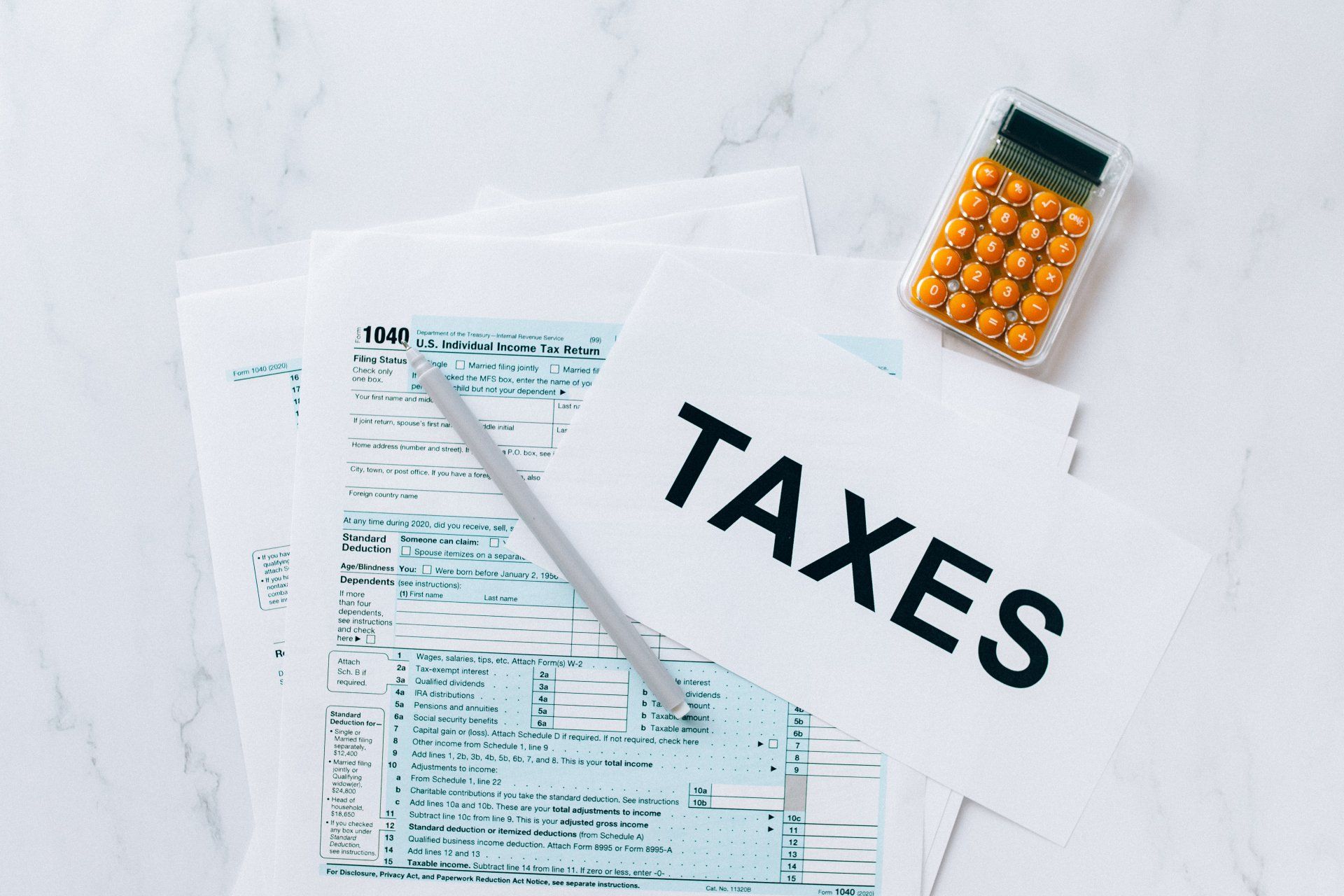Understanding Queensland's Rental Reforms: Key Changes for 2024
In recent years, significant changes have been made to Queensland's rental laws to ensure a fairer, more transparent rental market. As a property owner or tenant, staying informed about these changes is crucial. This article explores the latest rental law reforms in Queensland, providing you with a clear understanding of how these changes impact you.
Overview of the Rental Law Reforms
Key Changes in Rental Law
The Queensland Government has introduced several key changes aimed at protecting tenants and ensuring property managers and owners adhere to fair practices. Passed by Queensland Parliament on 23 May 2024, reforms will commence in two distinct stages on dates to be advised. Summary of changes include:

- Rent Bidding Ban: It is now illegal for property managers or owners to accept rent offers higher than the advertised price.
- Maximum Rent in Advance: For new tenancies, the maximum rent in advance is limited to two weeks for periodic tenancies and one month for fixed-term tenancies.
- Rent Increase Limitations: Rent increases are now limited to once every 12 months and must be attached to the property, not the tenancy.
For more details on these changes, visit the Residential Tenancies Authority's (RTA) website.
Upcoming Changes to Note
Several changes are set to take effect soon, including:
- Re-letting Costs: Calculated based on the remaining term of the tenancy agreement.
- Utility Bills: Tenants must receive utility bills within four weeks, and water charges will be adjusted for billing periods when tenancies begin or end.
Staying updated with these changes is essential for compliance. More information can be found on the RTA's ongoing changes page.
Minimum Housing Standards
Ensuring Quality Living Conditions
The reforms also include new minimum housing standards to guarantee safe and healthy living environments for tenants. These standards cover:
- Structural Soundness: Properties must be structurally sound and free from significant defects.
- Weatherproofing: Proper weatherproofing to protect against the elements.
- Safety: Adequate safety measures, including functioning smoke alarms and secure entry points.
Compliance and Enforcement
To ensure compliance with these new standards, the Residential Tenancies Authority (RTA) has been granted additional enforcement powers. Property managers and owners must adhere to these regulations or face penalties.
For a detailed overview of the minimum housing standards, refer to the RTA's page on minimum standards.
Balancing Privacy and Access
New Entry Notice Periods
To respect tenants' privacy while allowing necessary property access, new regulations have been introduced:
- Entry Notice Period: The minimum entry notice period has increased from 24 hours to 48 hours.
- Frequency of Entry: Limits have been set on the frequency of entry after a notice to end the tenancy has been issued.
These changes ensure a balanced approach to property access and tenant privacy.
Rental Bond Processes
Streamlining Bond Procedures
Changes to rental bond processes aim to simplify and clarify the handling of bonds:
- Commercial Bond Loans: New procedures for refunding bonds involving commercial bond loan suppliers.
- Bond for Rooming Accommodation: Requirements for lodging bonds for each room in certain types of accommodation.
Evidence for Bond Claims
When making or disputing a bond claim, managing parties must now provide supporting evidence within 14 days, ensuring transparency and fairness in the bond dispute process.
New Regulations and Enforcement
Enhanced Regulatory Framework
The reforms introduce new regulatory measures to oversee the rental sector:
- Portable Bond Scheme: A new scheme to make bonds more portable for tenants.
- Rental Sector Code of Conduct: Establishing a code of conduct to ensure ethical practices.
- Modifications for Safety: Regulations for tenants to make necessary safety modifications to their rental properties.
These measures aim to create a more accountable and transparent rental market.
What is the maximum rent increase allowed in Queensland?
As of 2024, Queensland rental laws stipulate that rent increases can only occur once every 12 months for both periodic and fixed-term tenancies.
What is the purpose of the new rental law reforms in Queensland?
The reforms aim to create a fairer, more transparent rental market by protecting tenants' rights and ensuring property owners and managers adhere to fair practices.
What are the new minimum housing standards?
The new standards ensure properties are structurally sound, weatherproof, and safe, including requirements for functioning smoke alarms and secure entry points.
What changes have been made to rental bond processes?
New procedures for commercial bond loans, rooming accommodation bonds, and requirements for providing evidence in bond disputes have been introduced.

Conclusion
Understanding these rental law reforms is essential for both property managers and tenants in Queensland. Staying informed about these changes helps ensure compliance and fosters a fair and transparent rental market. For more detailed information, visit the Residential Tenancies Authority's website.
By staying informed and compliant with these changes, we can contribute to a fairer and more transparent rental market. For tailored property management services and expert advice, contact
CAPEX Property.
Share this with friends!
Latest Property Market Insights











